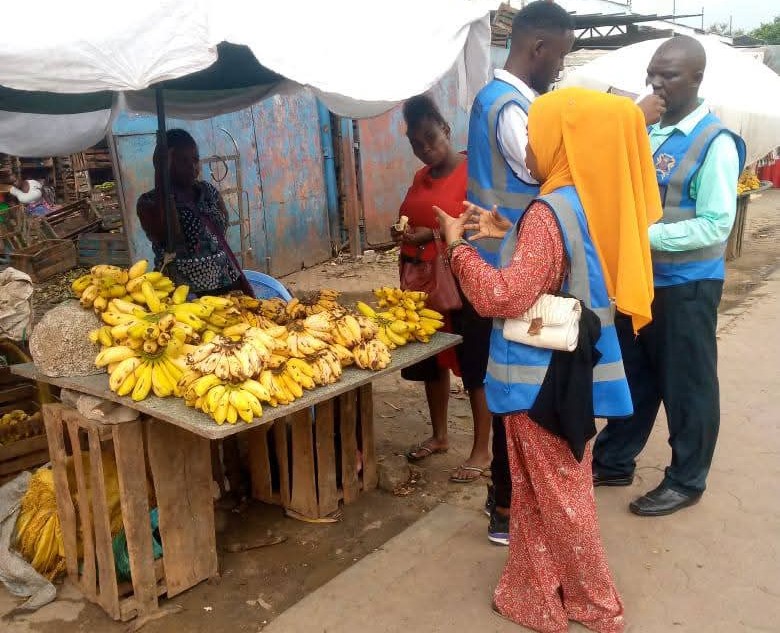Kenya introduces new system to track horticultural exports

The system will monitor products from farm to market, ensuring compliance with global standards and improving Kenya’s reputation in international markets.
The government has developed a new traceability system aimed at enhancing the quality of horticultural exports.
The system dubbed as the National Horticulture Traceability System (NHTS), will monitor products from farm to market, ensuring compliance with global standards and improving Kenya’s reputation in international markets.
More To Read
- Stoppage of USAID funding threatens to ruin agriculture programmes in Kenya
- New Bill proposes mandatory licensing for horticulture dealers in Kenya
- Improved tea, flower exports cuts Kenya’s trade deficit by Sh23bn
- Domestic earnings up by 19.5%, surge attributed to increase in tea, horticultural exports
The Agriculture and Food Authority (AFA) plans to launch the NHTS, which will trace export-bound products through a centralised platform, consolidating the efforts of various regulatory agencies. The move is part of a broader effort to address the persistent issues that have affected the sector, including low-quality exports and poor traceability.
Among the key problems the NHTS seeks to address are the trading of immature products, the use of harmful chemicals and the need for better farm-to-market traceability. By bringing together regulators to operate under one platform, the system aims to streamline operations and ensure greater transparency.
The Horticultural Crops Directorate (HCD) noted that despite Kenya’s horticulture sector being a crucial contributor to the national economy, several challenges have hindered its growth. The challenges include poor traceability of products, inefficient licensing processes and a lack of integration with key regulatory agencies, which have limited the industry’s compliance with global market norms.
“To address the above challenges, AFA-HCD developed the NHTS to handle the issues with traceability. The system was audited, and several issues were identified as necessary to be fixed before roll-out. Further, AFA-HCD would like to enhance the system to include registration, inspections, audits, licensing, import and export processes,” AFA said in a statement.
The newly developed system will bring together several key agencies within the horticultural sector. These include the Kenya Revenue Authority (KRA), Business Registration Service (BRS), Kenya Plant Health Inspectorate Service (Kephis), and the Kenya Integrated Agriculture Management Information System (KIAMIS). Together, the agencies will streamline the process of registration, audit, licensing and export, enhancing efficiency and ensuring compliance with regulatory standards.
Under the NHTS, KRA will handle tax compliance and revenue tracking, while BRS will verify the legal status of businesses. Kephis will be responsible for issuing phytosanitary certificates, while the Pest Control Products Board (PCPB) will ensure that farmers use only approved agrochemicals. Additionally, KIAMIS will register and verify farms, helping to ensure that all exported products are properly accounted for.
The implementation of the NHTS is expected to improve Kenya’s standing in global markets by addressing key issues in the horticulture export sector, promoting safer, higher-quality products and enhancing the country’s competitiveness.
Top Stories Today

















